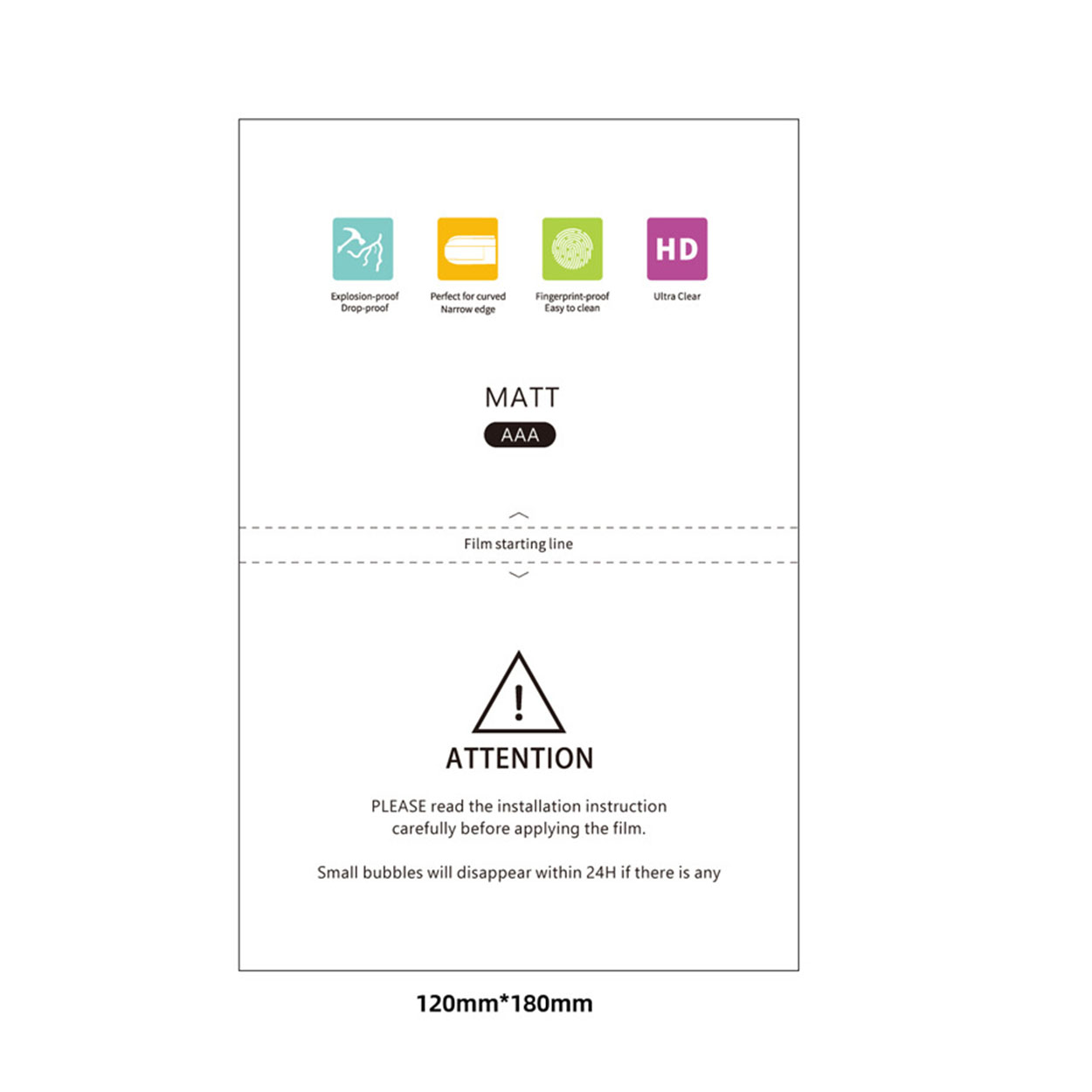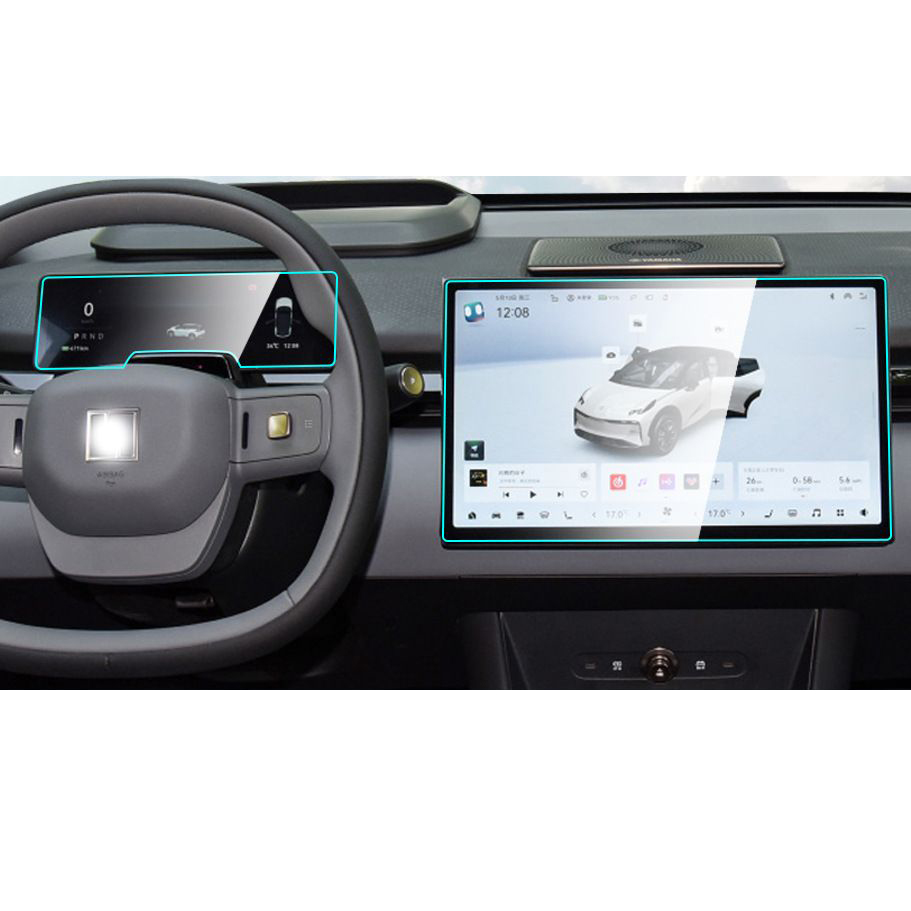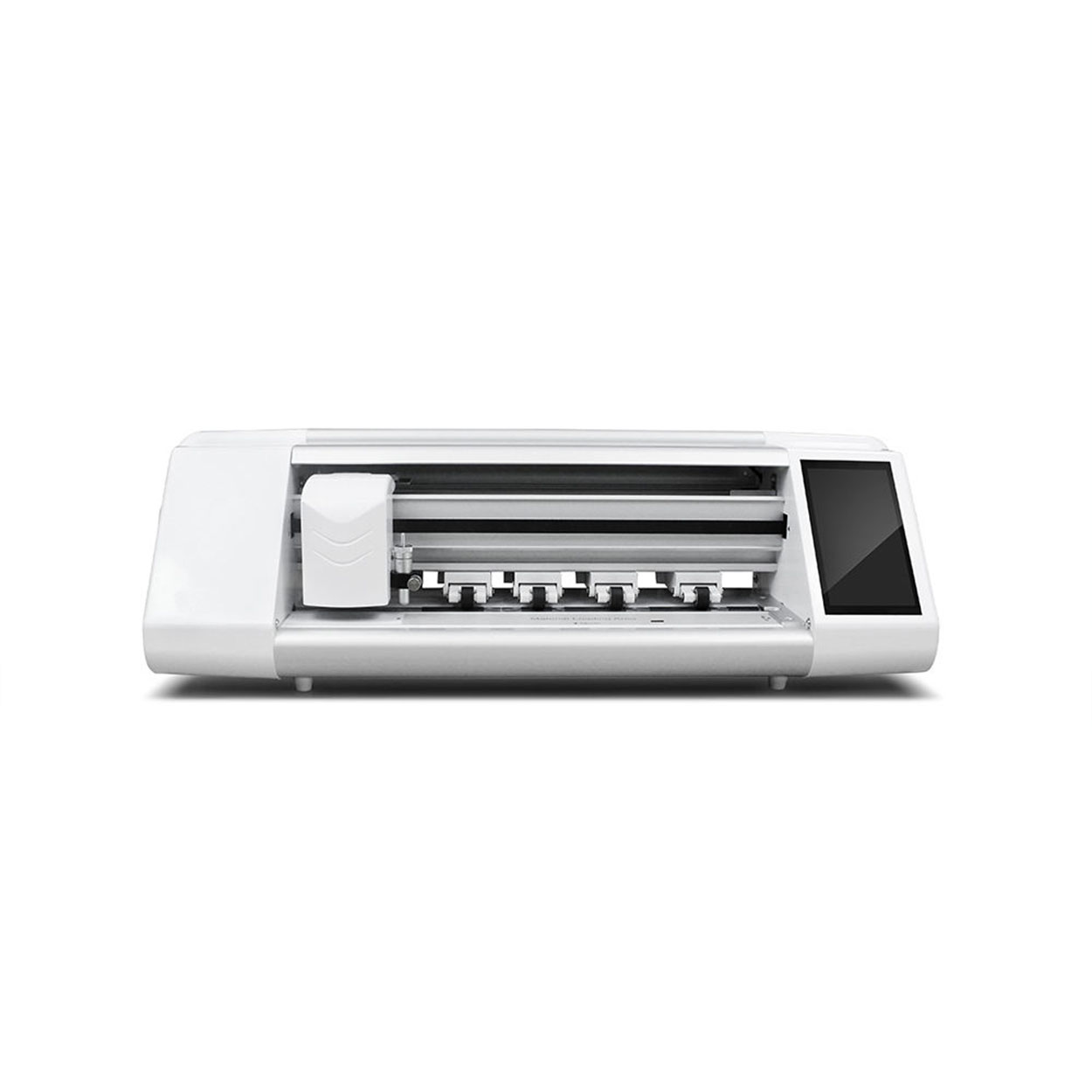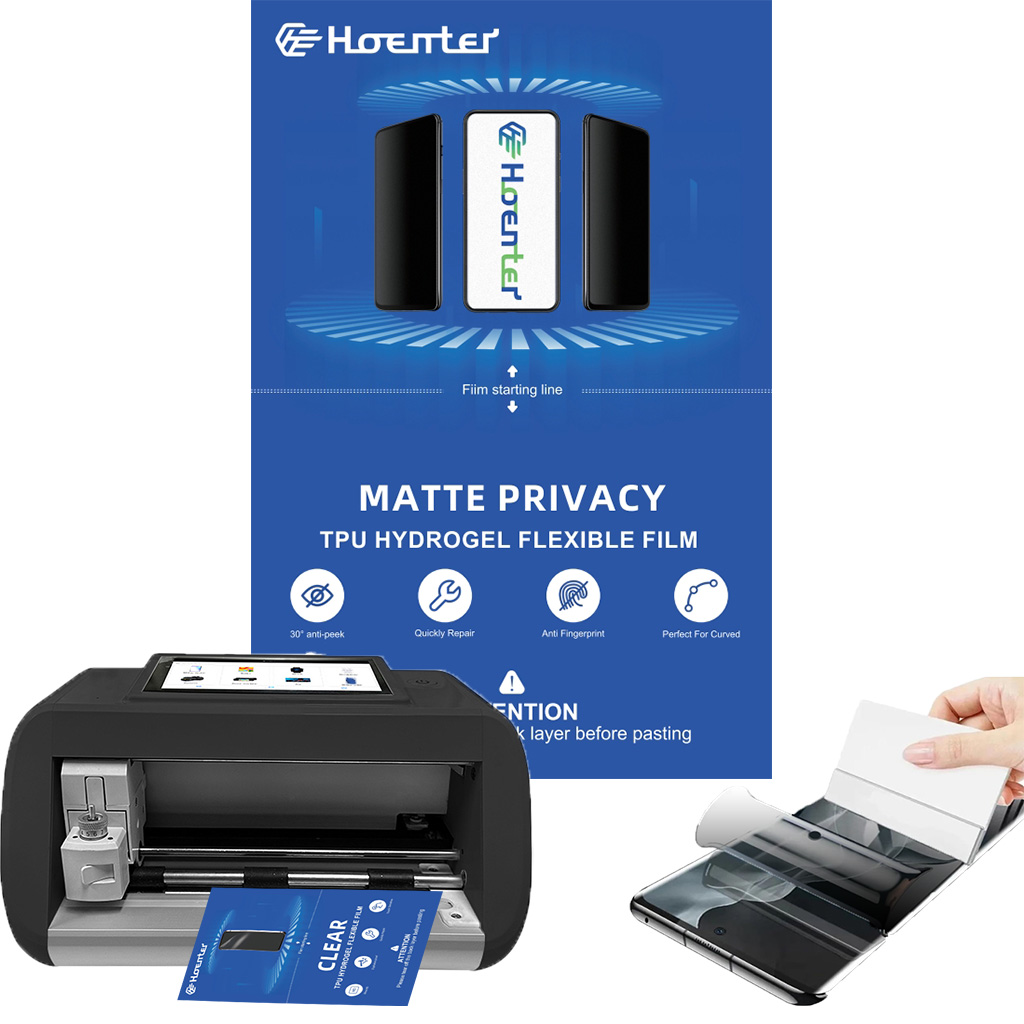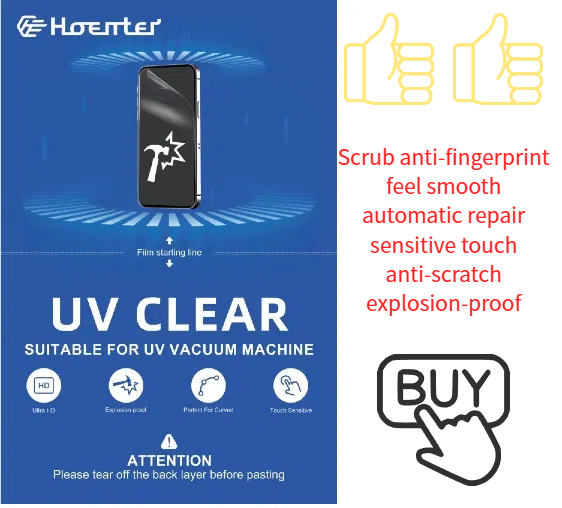
Tempered Glass vs. Hydrogel Screen Protector
Table of Contents
Summary
- Tempered Glass: Offers robust protection, high transparency, and a glass-like feel. Ideal for users who prioritize durability and touch sensitivity.
- Hydrogel: Provides flexibility, self-healing properties, and full coverage for curved screens. Suitable for those who value aesthetics and everyday protection.
- Cost: Tempered glass is generally more affordable, while hydrogel may be more expensive but offers additional features.
- Installation: Hydrogel is easier to install, while tempered glass requires precision.
- Environmental Impact: Hydrogel is more eco-friendly due to biodegradable materials.
Consider the factors discussed in this article to make an informed decision that best suits your lifestyle and device.
What is a Tempered Glass Screen Protector?
Tempered glass screen protectors are made from glass that has been treated with heat or chemicals to increase its strength. This process makes the glass up to five times stronger than regular glass, providing excellent protection against scratches and impacts. Tempered glass protectors are known for their high transparency and smooth touch, making them a popular choice for many users.These protectors are typically rated at 9H on the hardness scale, meaning they can withstand scratches from most materials except for diamonds. This level of hardness ensures that your device’s screen remains clear and free from blemishes, even after prolonged use. Additionally, tempered glass protectors often come with an oleophobic coating, which helps resist fingerprints and smudges, keeping your screen looking pristine.

Understanding Hydrogel Screen Protectors
Hydrogel screen protectors are made from a flexible, gel-like material that can absorb impacts and self-heal minor scratches. Unlike tempered glass, hydrogel protectors are thin and lightweight, offering a different kind of protection. They are particularly effective at covering curved screens and edges, providing full coverage for modern smartphones.The hydrogel film is designed to be highly transparent, ensuring that the screen’s clarity and color accuracy are not compromised. Its self-healing properties mean that small scratches and dents can disappear over time, maintaining a smooth surface. This makes hydrogel protectors an attractive option for those who prioritize aesthetics and flexibility over sheer toughness.
Tempered Glass vs. Hydrogel: Which Offers Better Protection?
When it comes to protection, both tempered glass and hydrogel screen protectors have their strengths. Tempered glass is renowned for its ability to withstand significant impacts and prevent screen shattering. Its hardness makes it ideal for users who frequently drop their devices or work in environments where their phone might be exposed to rough conditions.On the other hand, hydrogel protectors excel in absorbing shocks and preventing minor scratches. Their flexibility allows them to cover more of the device, including curved edges, which can be a vulnerable spot for damage. For users who are more concerned about everyday wear and tear rather than severe impacts, hydrogel might be the better choice.

Durability: How Do They Compare?
In terms of durability, tempered glass protectors generally last longer due to their robust construction. They can endure multiple impacts without losing their protective qualities, making them a reliable long-term solution. However, they can crack or chip if subjected to extreme force, requiring replacement.Hydrogel protectors, while not as hard, offer excellent durability against scratches and minor impacts. Their self-healing properties mean they can maintain a smooth surface over time, even with regular use. However, they may need to be replaced more frequently if subjected to heavy use or significant impacts.
Clarity and Touch Sensitivity: Which Feels Better?
Both types of screen protectors offer excellent clarity, but there are subtle differences. Tempered glass protectors provide a glass-like feel that closely mimics the original screen, offering a smooth and responsive touch experience. This makes them ideal for users who prioritize a natural touch feel and high transparency.Hydrogel protectors, while also clear, have a slightly different texture due to their gel-like composition. They offer a softer touch, which some users find more comfortable. Additionally, their flexibility allows them to maintain touch sensitivity even on curved screens, making them a versatile option for various devices.
Installation Process: Easy or Challenging?
Installing a tempered glass screen protector can be straightforward, but it requires precision to avoid bubbles and misalignment. Most tempered glass protectors come with installation kits that include cleaning wipes and alignment tools to help achieve a perfect fit.Hydrogel protectors, on the other hand, are known for their easy installation process. Their flexibility allows them to conform to the screen’s shape, reducing the risk of bubbles. Many hydrogel protectors are also designed to be repositionable, allowing users to adjust them during installation for a perfect fit.
Cost Comparison: Is Hydrogel More Expensive Than Tempered Glass?
The cost of screen protectors can vary widely depending on the brand and features. Generally, tempered glass protectors are more affordable, making them a popular choice for budget-conscious consumers. They offer excellent value for money, given their durability and protective qualities.Hydrogel protectors tend to be slightly more expensive due to their advanced materials and self-healing properties. However, their ability to cover curved screens and provide a seamless look can justify the higher price for many users. Ultimately, the choice between the two will depend on individual preferences and budget considerations.

Aesthetic Appeal: Which Looks Better on Your Device?
Aesthetically, both types of protectors have their merits. Tempered glass protectors offer a sleek, glass-like appearance that complements the device’s original design. Their high transparency ensures that the screen’s colors and brightness are not diminished.Hydrogel protectors, with their thin and flexible design, provide a more subtle look. They can cover the entire screen, including curved edges, for a seamless appearance. This makes them an excellent choice for users who want to maintain the device’s original look while adding a layer of protection.
Environmental Impact: Which is More Eco-Friendly?
When considering the environmental impact, hydrogel protectors may have an edge due to their biodegradable materials. They are designed to break down more easily than tempered glass, reducing their environmental footprint.Tempered glass protectors, while durable, are not biodegradable and can contribute to electronic waste if not disposed of properly. However, their long lifespan means they may need to be replaced less frequently, potentially offsetting some of their environmental impact.
User Experiences: What Do People Prefer?
User preferences for screen protectors can vary widely based on individual needs and experiences. Many users appreciate the robust protection and glass-like feel of tempered glass protectors, especially those who prioritize screen safety and touch sensitivity.Others prefer the flexibility and self-healing properties of hydrogel protectors, particularly those with devices featuring curved screens. The ability to cover more of the device and maintain a smooth surface over time makes hydrogel an attractive option for many.
Comments
Tags

The Future of Hydrogel Screen Protectors: Innovations in Cutting Technology
The mobile accessory market is ever-evolving, and one of the most significant trends in recent years has been the rise of hydrogel screen protectors.
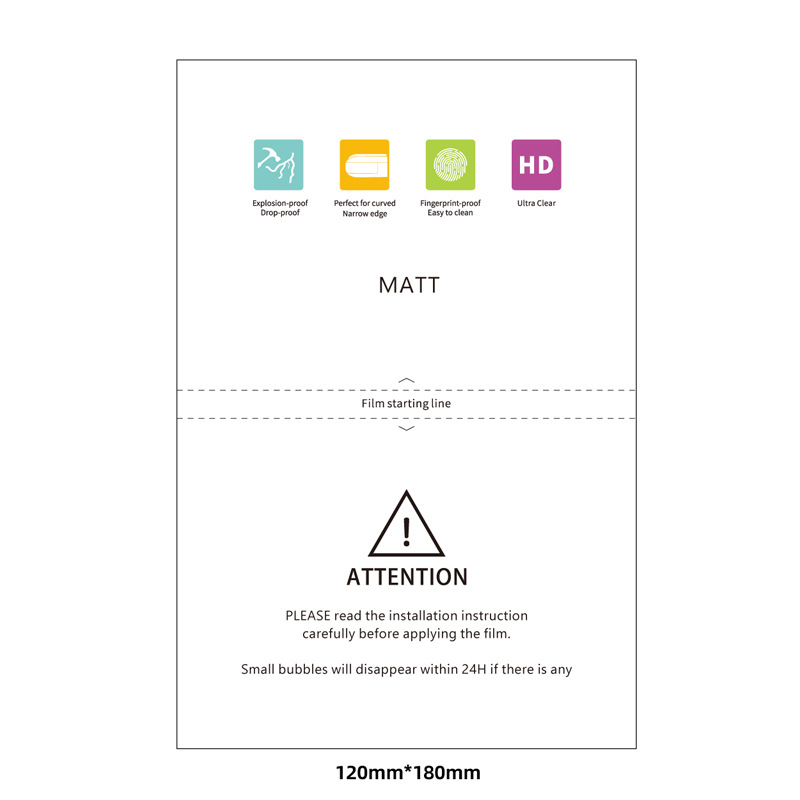
Matte Anti-Fingerprint EPU Hydrogel Screen Protector Film
EPU hydrogel offers excellent self-healing, clarity, touch sensitivity, and fingerprint resistance, though it’s pricier. TPU shines in shock absorption, durability, and matte options. Both materials are flexible and easy to install. EPU offer better long-term value, while the best choice depends on your device and usage needs.
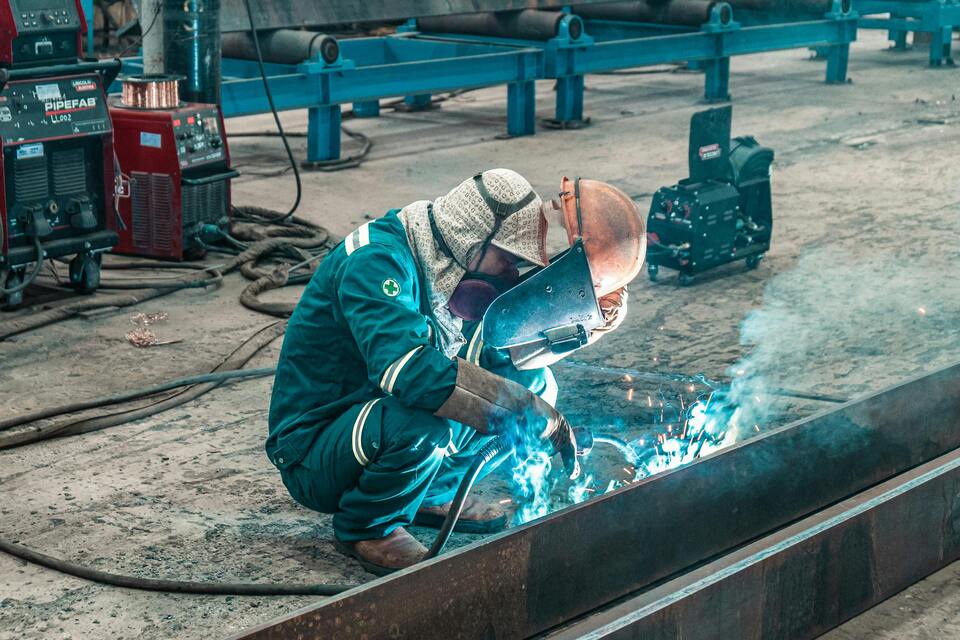
Is Hydrogel Screen Protector Better Than Tempered Glass?
Choosing between hydrogel and tempered glass screen protectors depends on your priorities.
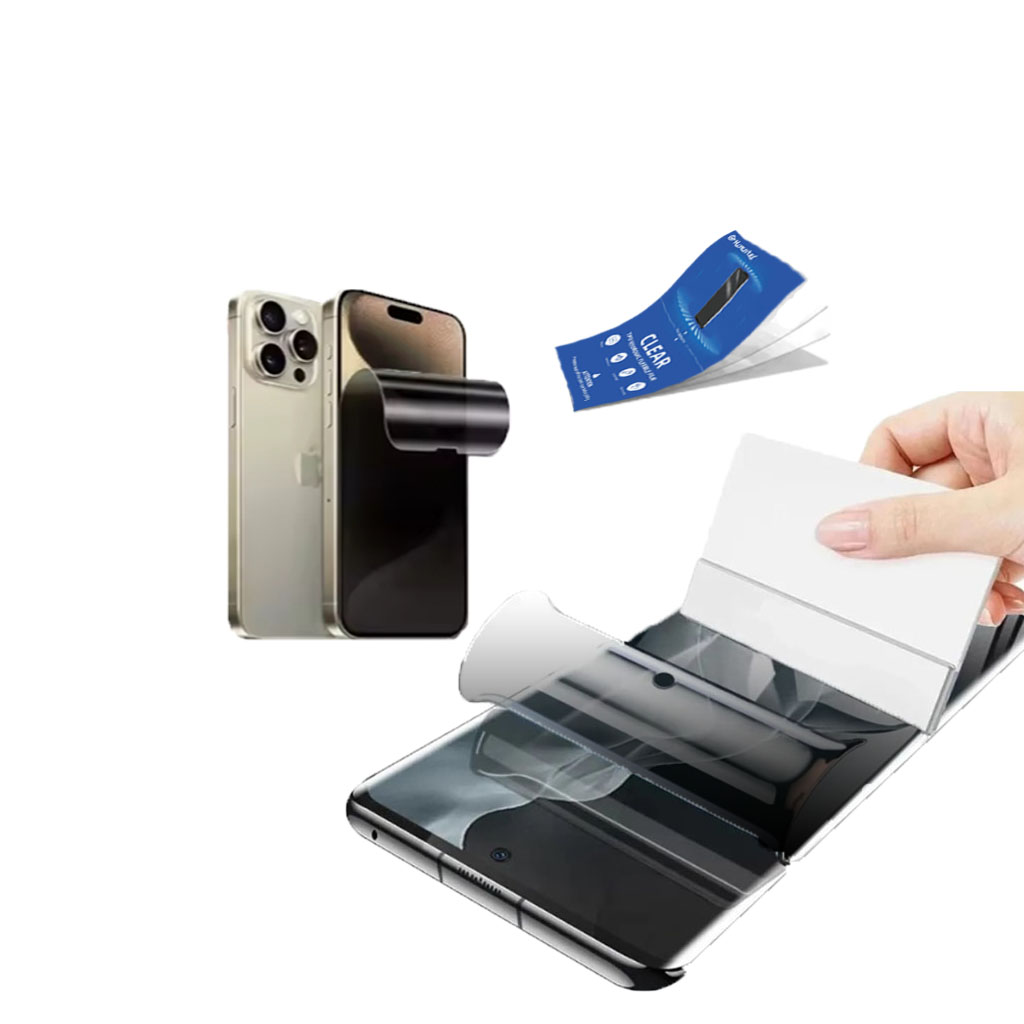
Privacy Screen Protector Film Roll For Hydrogel Film Cutter
TPU privacy protection screen saver roll is made of military-grade thermoplastic polyurethane material, and is a full-scenario protection solution specially designed for smart terminal manufacturers and ODM/OEM suppliers. This product has passed ISO 9001 quality management system certification and is compatible with multiple electronic terminals such as smartphones, tablet devices, and laptop display modules, achieving a dual improvement in protection performance and commercial value.
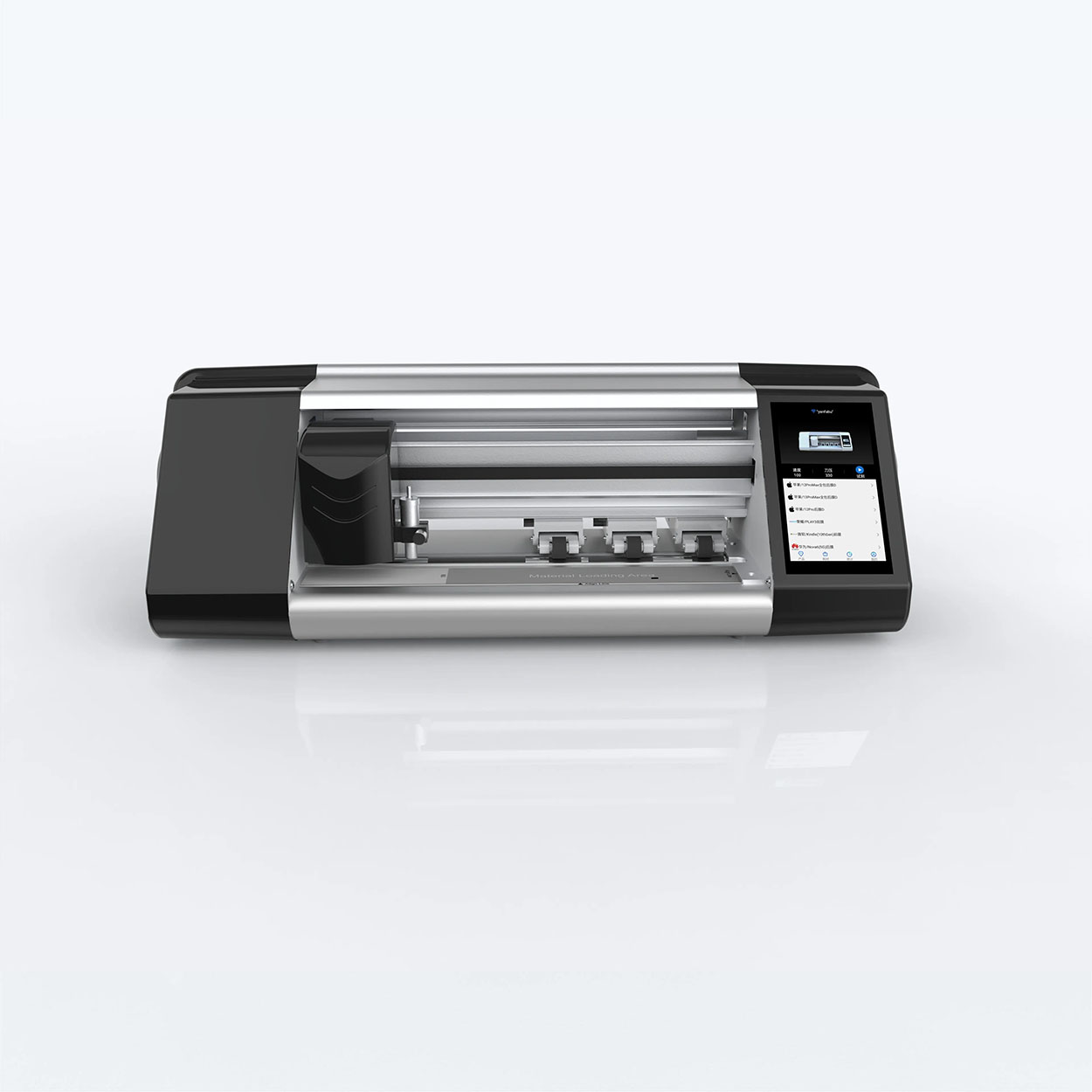
Wholesale Hydrogel Screen Protector Cutting Machine
Home Email What’sApp Product Parameters CONTROL:APP control / Bluetooth LCD TOUCH SCREEN : 5.5″ HD with system CONNECTION : WIFI
Find All knowledge and trends from our blog, get the wholesale price and best quality from our factory.
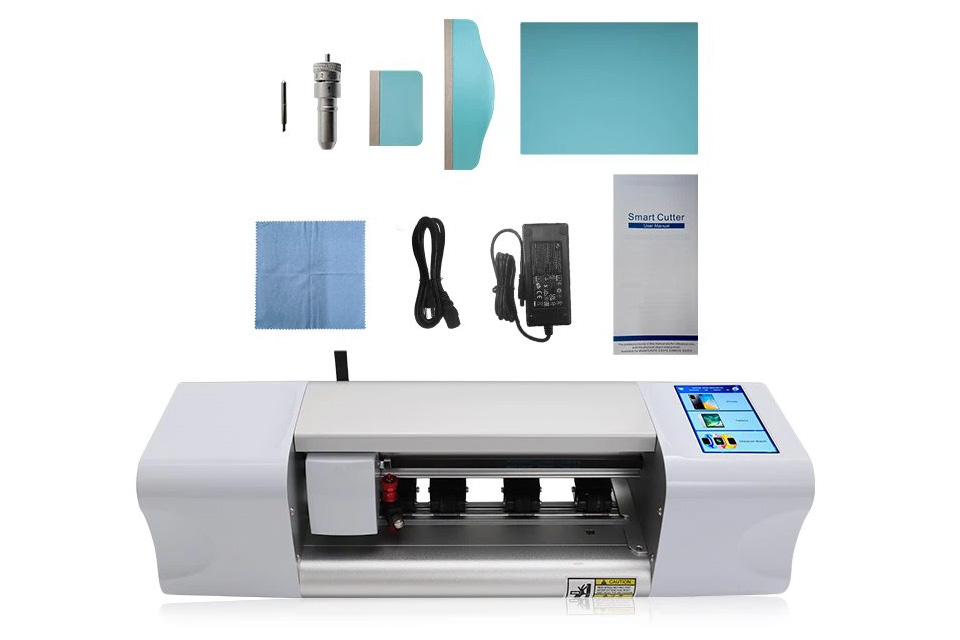
What Film Cutting Machine and Its Application
Film cutting machines have played a crucial role in the evolution of filmmaking and various industrial processes by enabling precise cutting and splicing of film materials.
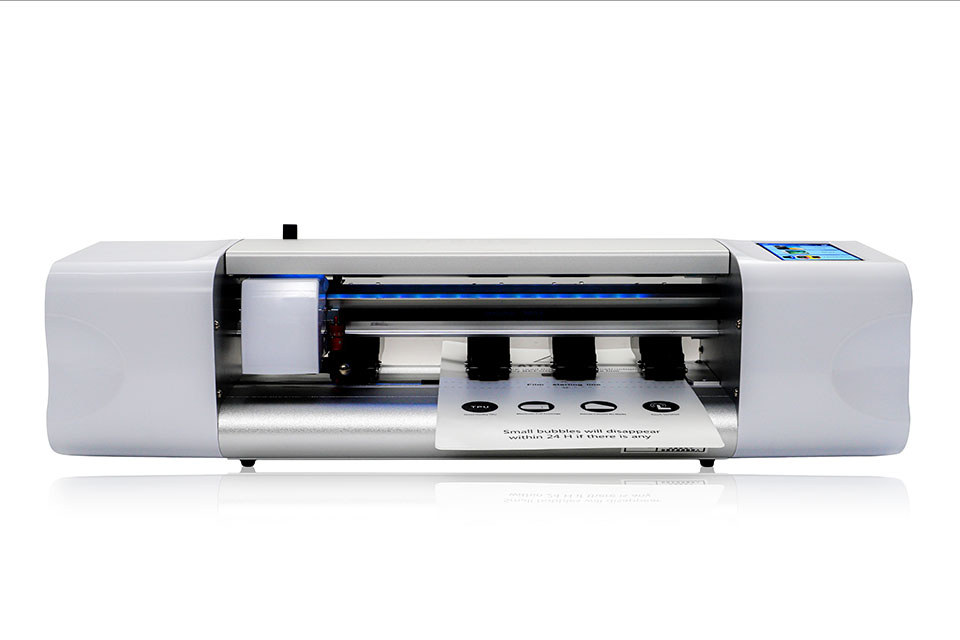
What Is a Screen Protector Cutting Machine?
A screen protector cutting machine is a specialized device designed to produce custom-fit screen protectors for various electronic devices, including smartphones, tablets, smartwatches, laptops, and monitors.
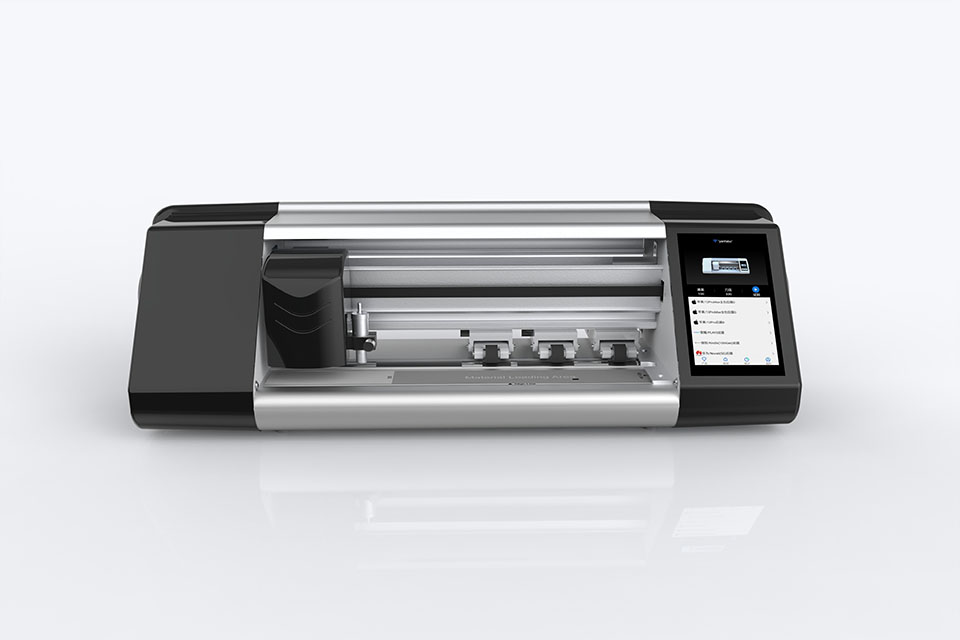
How Mobile Phone Screen Protector Cutting Machine Work?
A mobile phone screen protector cutting machine is a sophisticated device designed
to produce customized screen protectors for various digital devices with high preci
sion and efficiency.
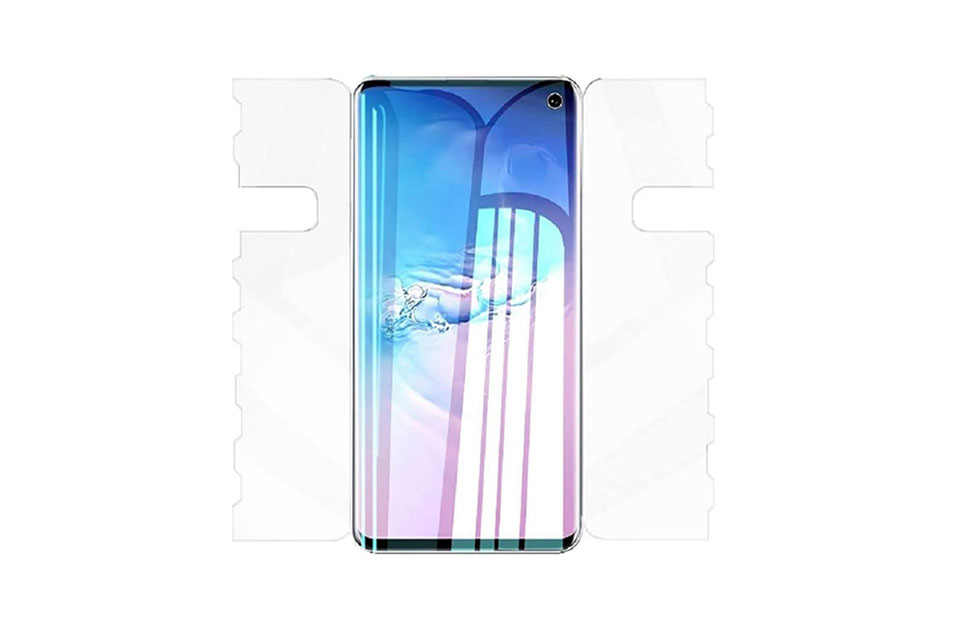
Characteristics of Mobile Phone Tempered Glass and Mobile Phone TPU Screen Protector
Thermoplastic polyurethane (TPU) screen protectors are flexible, durable, and
self-healing plastic films designed to protect electronic device screens from
scratches, impacts, and other potential damages.
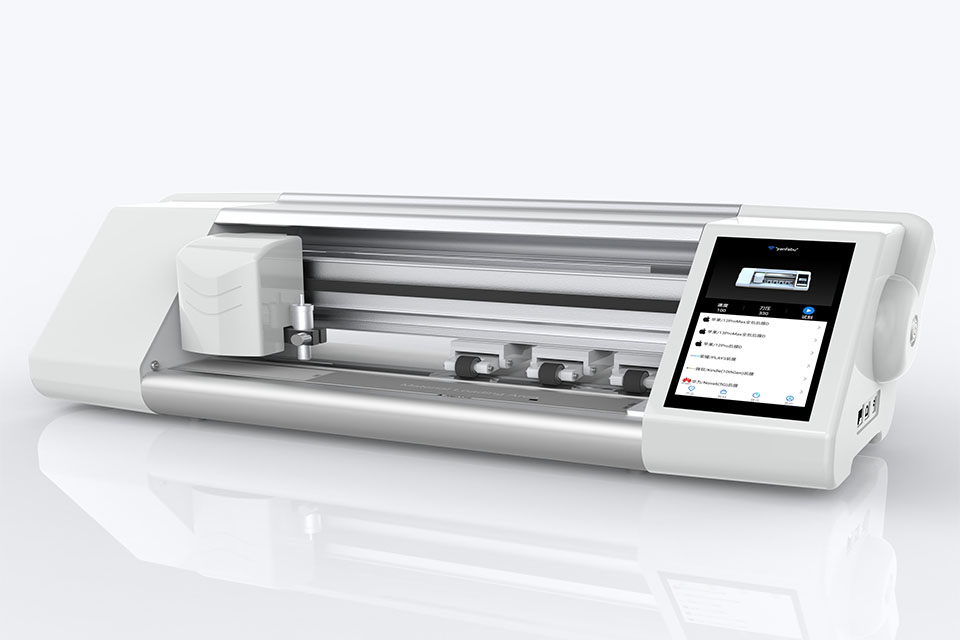
Revolutionize Device Protection with Screen Guard Cutting Machine
Whether you possess a smartphone, tablet, or smartwatch, this versatile machine accommodates a vast array of devices. It seamlessly adapts to the dimensions of your gadget, offering a custom fit that generic protectors can’t match.
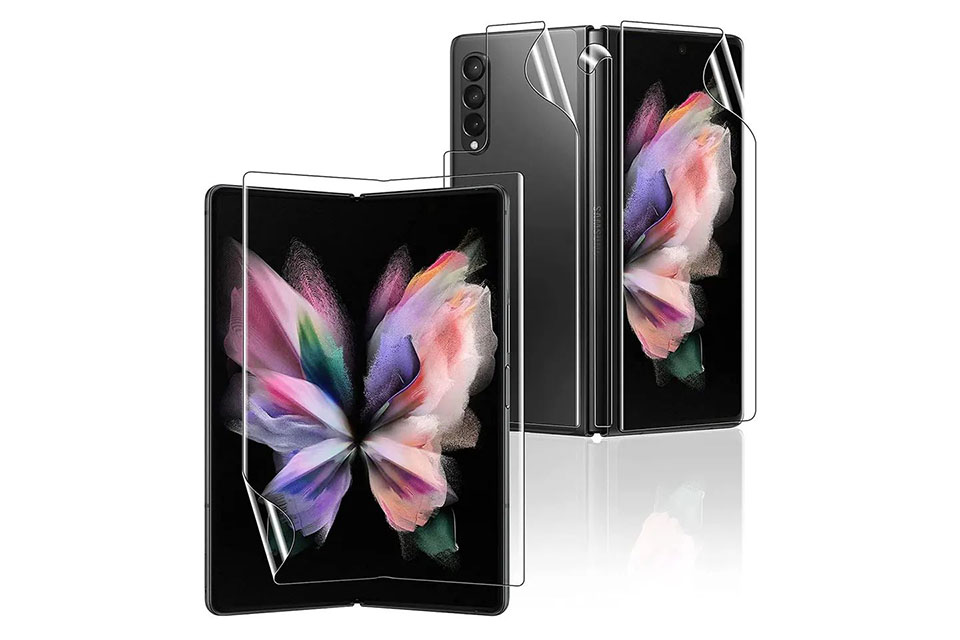
Screen Protector Lifetime Warranty
A screen protector lifetime warranty is a guarantee provided by manufacturers that
promises to repair or replace a screen protector for the lifetime of the product, under specific terms and conditions.

